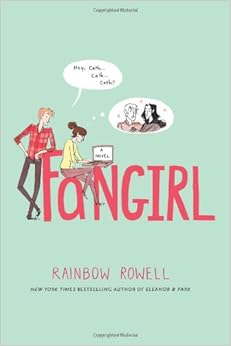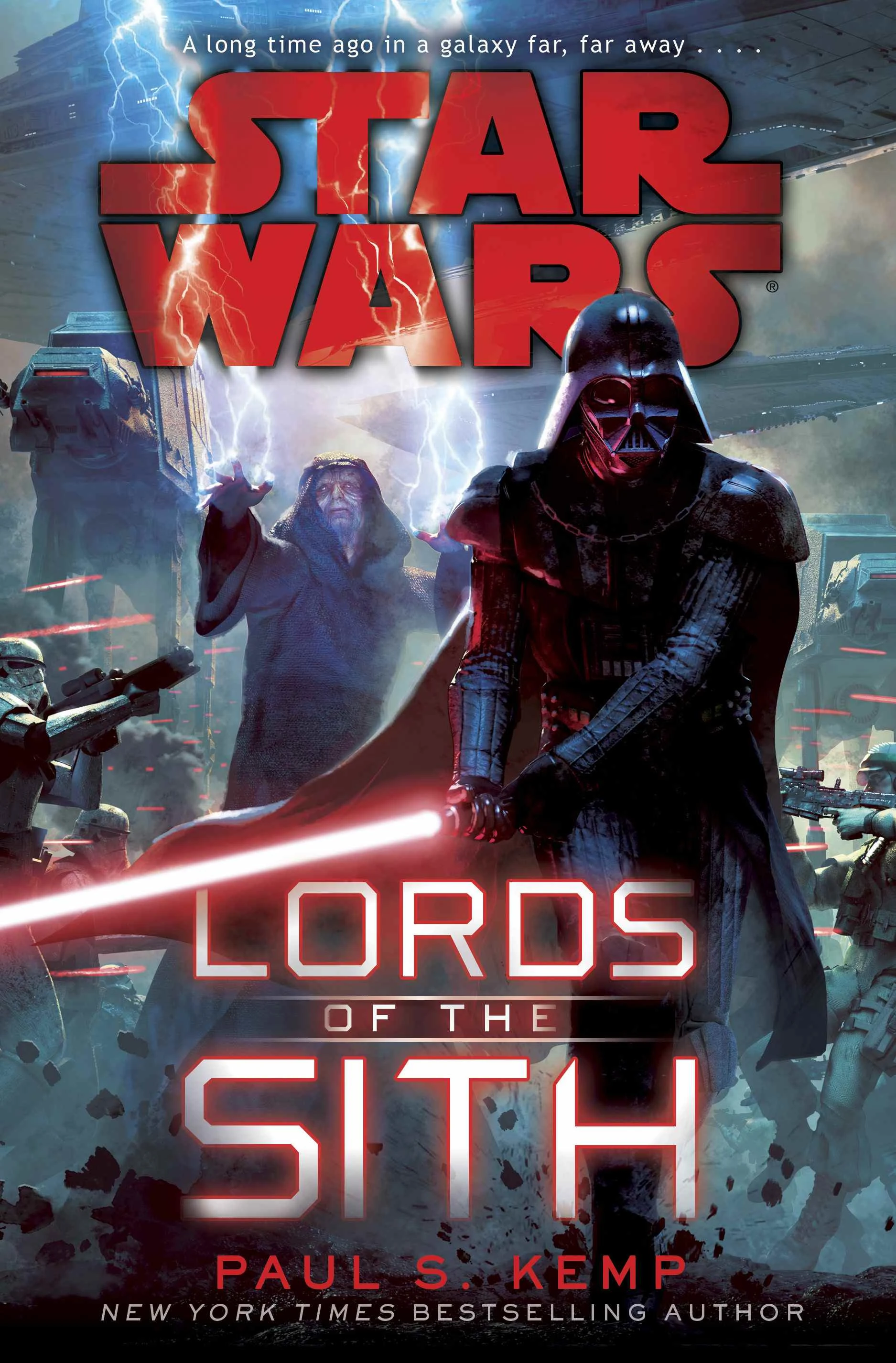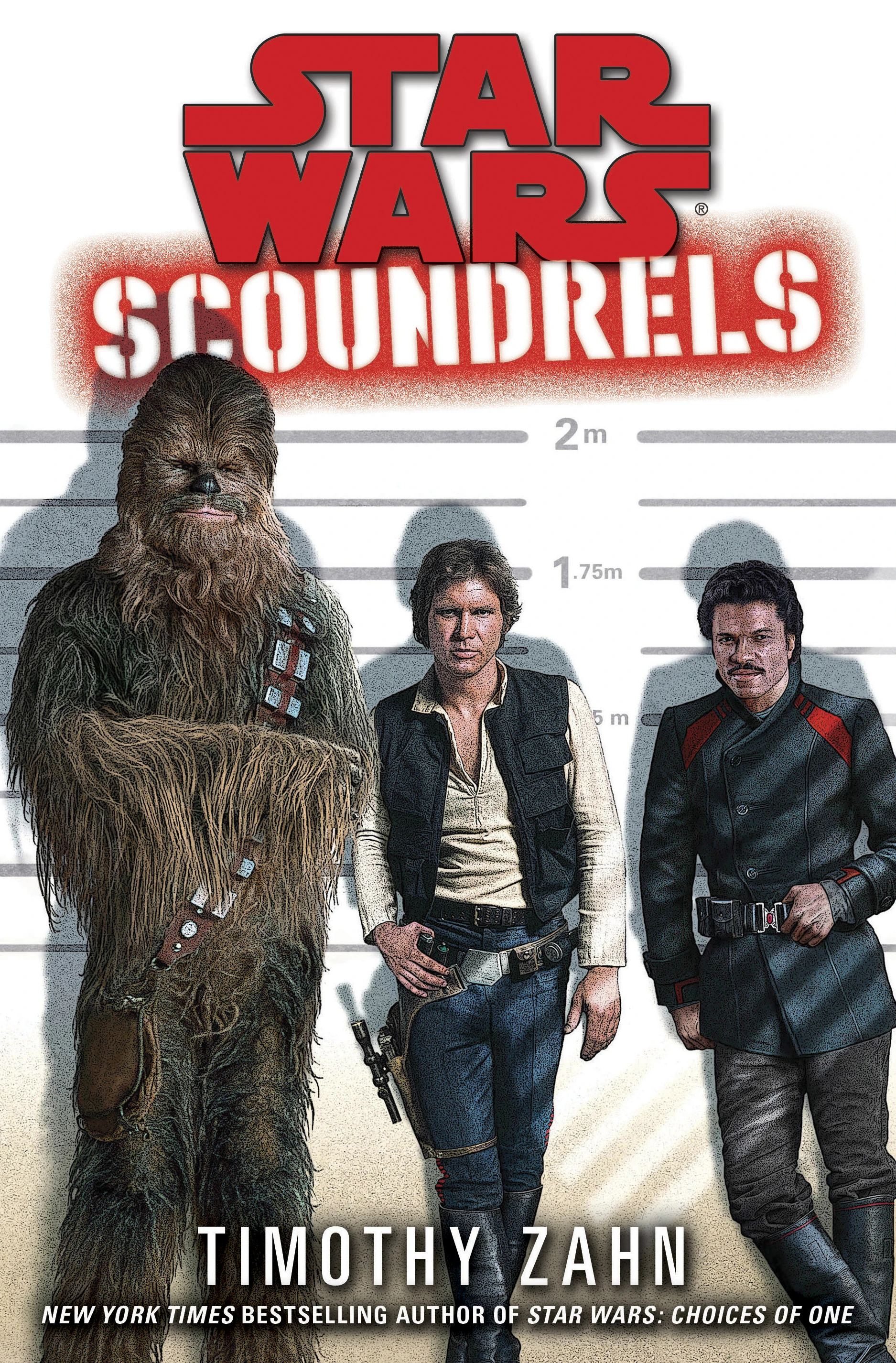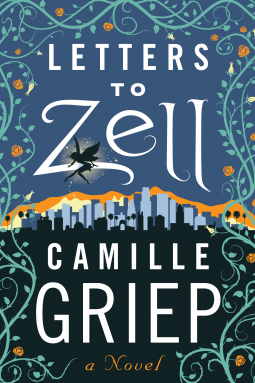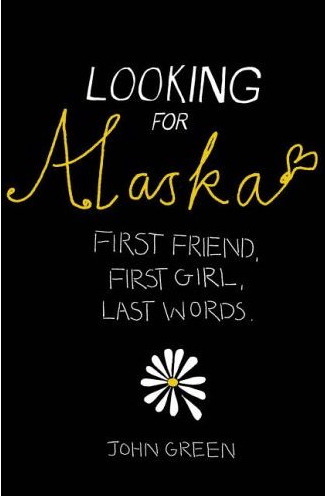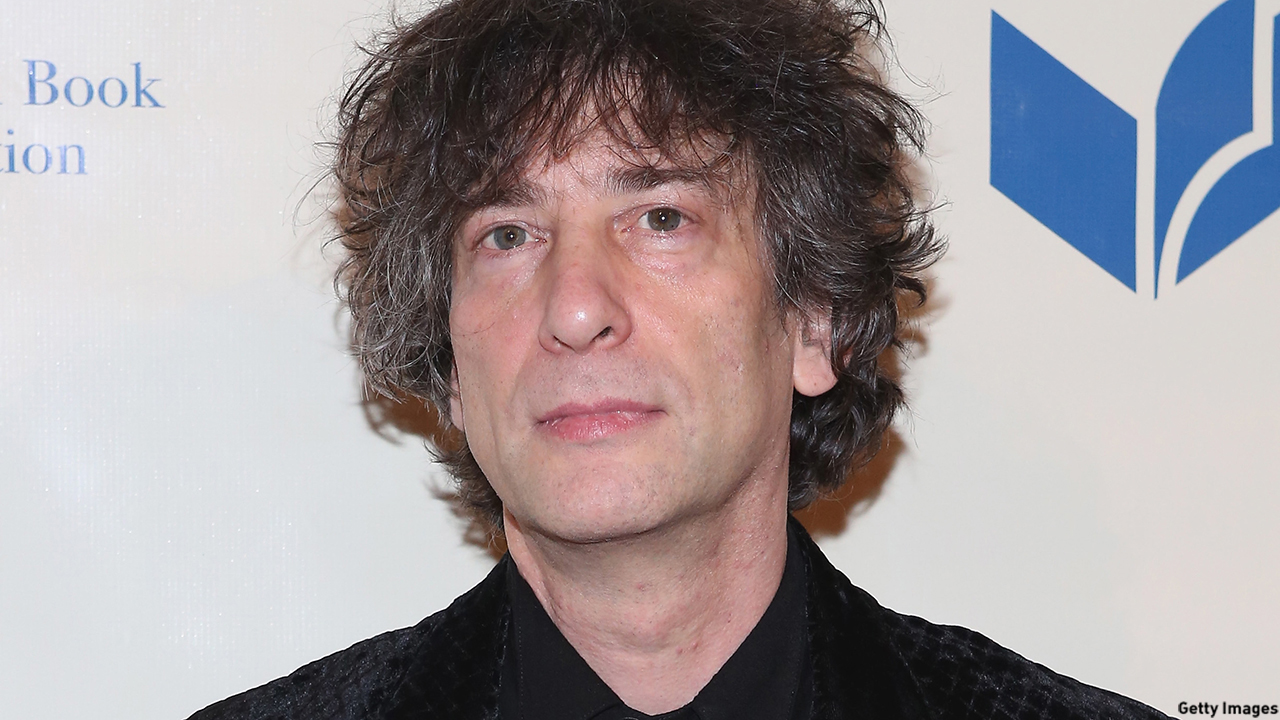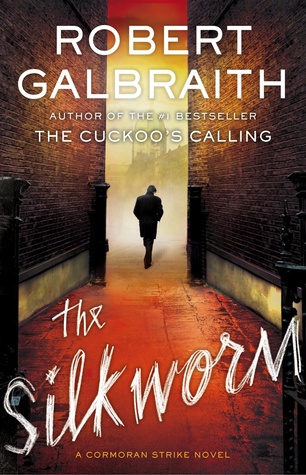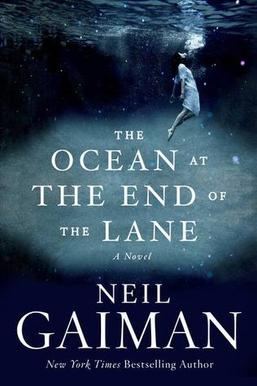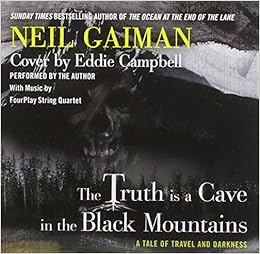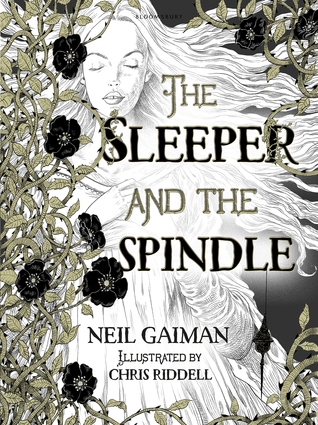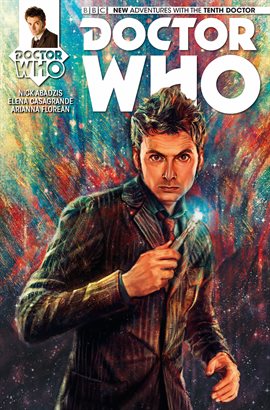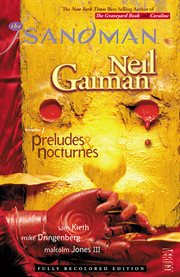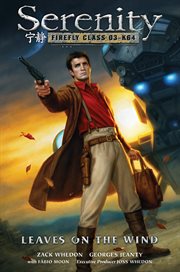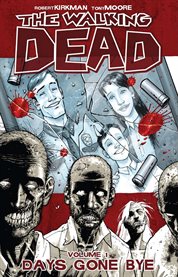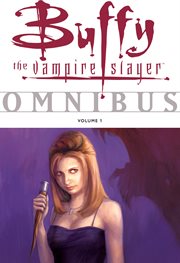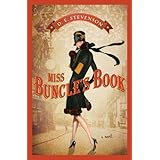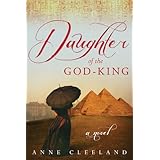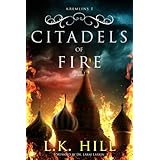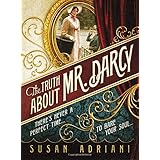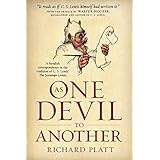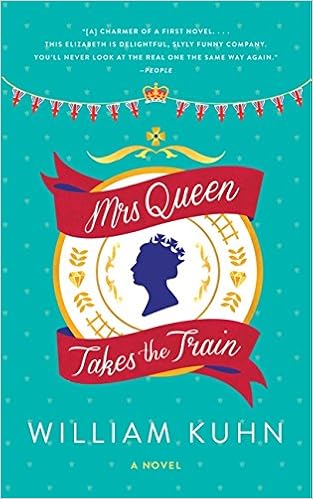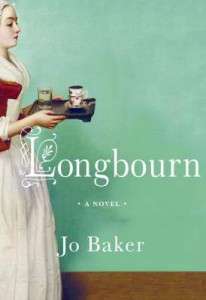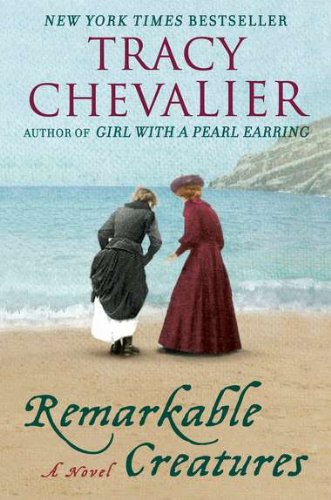In which several members of our staff who have all read the same book offer their differing thoughts and opinions. Today: a technological thriller and commentary on modern society by Dave Eggers, called
The Circle (2013).
Please note, there WILL be spoilers as we discuss all aspects of this book, including the ending!
For my original review of both this book and
The Martian, check out
this post of the blog.
CAROL J.: Creepy, authentic look at how capitalistic, technologically-driven corporations envision and expect the world to be. But can complete allegiance to one company, 24-7, and total worldwide data transparency be good for humanity?
ROSE: For me,
The Circle by Dave Eggers follows in the footsteps of other dystopian novels like Huxley’s
Brave New World, where different aspects of the present-day society are exaggerated and expanded into something disquieting. Mae Holland, a sweet young woman, is hired by a revered mega-Internet company, The Circle (which has some resemblances to Google, Facebook and Apple). Mae’s employers introduce her to the high expectations of The Circle: the 24/7 social interaction whirl of the employees, and the competitive video-game aspects of the work itself, which involves responding to customer emails rapidly and skillfully for hours, in order to amass a high rating.
The Circle is not great literature. The writing is on the level of a summer beach read: characters are not deep, and the story’s ending is rushed. But I would recommend it, since it held my interest, and the story moves along steadily. I cared about the main character, and was interested in her evolution. A number of the concepts (companies where employees can live 24/7, a constant barrage of social media, use of computers to measure work output) already exist at today’s corporations. We’re all aware of camera surveillance and drones; it’s a small step to imagining their presence everywhere.
But what I liked best about the story – and what stays with me – is the depiction of the relentless, privacy-smashing communal life that has an incredibly seductive pull: being part of the approving crowd, being watched over, protected and secure. I think
The Circle would make a fine book for discussion, with concepts everyone in the 21st century can relate to.
ELLEN: In the spirit of
1984,
The Jungle, and the latest craze for dystopian future novels, Dave Eggers has written a book that challenges the orthodoxy of increased public exposure of our personal lives on the Internet through gadgets and constant postings on bulletin boards and news feeds.
As a novel I found it a bit heavy-handed and I didn't find the central character, Mae Holland, all that believable, but I laughed mightily at the obvious representations of Facebook, Instagram, personal blogs, and YouTube. Companies like Google, whose products mesh so seamlessly into a web of interdependency, started out to claim the simplistic mantra, "Don't be evil" (
their page outlining their philosophy).
At the same time, the digital storage of the world's data – including all literature, demographic information, and government documents – begs the question, "who controls the databank, who gets ready access, who controls speed of downloads, who holds the keys?" Something that starts out as a way for everyone to hold the power inevitably can morph into a power grab. Recent revelations on working conditions at Amazon, controversial as the sourcing is, raises the relevant question, "Can you succeed at a corporation and ever be offline and not at work?"
As the Young Adult Librarian, I love asking my teen group about privacy and the Internet. They have grown up with a digital presence in their lives. What is compelling is how much they find freedom and solace in what they see as the anonymity of creating an online identity. They find community and validation from others here and learn to create a voice in a group of fellow gamers, fan fiction writers, artists, and bloggers. They seem well aware of the pitfalls and know the safety issues but don't let that stop them from exploring and posting fearlessly.

On a tangential note, David and I have talked about the need for a variety of digital curation web services similar to Maria Popova's Brain Pickings, and that libraries should consider this kind of extremely intense compilation work around issues and topics one of the new tasks for libraries to tackle. It will be the key, from my perspective, to maintaining a variety of hosts and voices.
Privacy is really a very modern value. In ancient times people lived in shoulder-to-shoulder contact with others for safety’s sake. How we balance our desire to live private lives against our natural compulsion for convenience and safety is a fascinating tension that Eggers' book broaches in an entertaining and ominous way.
JESS: When I read the synopsis of this book I thought to myself, "I'm never going to finish this. It doesn't sound suspenseful at all." The book is like a slow burn, it does take time to build but by then end I couldn't believe a book about a social media company had me on the edge of my seat.
This book made me feel uncomfortable and reflective, much like the scenes in
Fahrenheit 451 when the main character's wife dives deeper and deeper into her hologram TV. It is a book that has stayed with me long after I finished. I didn't like the main character Mae and that's the whole point. There are two particular scenes that stand out in my head. One is a customer service job interaction between Mae and a businessman where the number of emails she gets asking her to rate his company and recommend his daughter for a job was excruciating painful. I was visibly stressed listening to this. Why does she put up with this? She has the power to make or break his business with a few sentences.
Another harrowing scene is when she is scolded by human resources for not "posting" about going kayaking – her one soulful, peaceful interaction with nature, ‘How could she not think to invite others who like to kayak?’ Even going so far as berating her for selfishly not videoing it for people who cannot kayak due to their own health issues. This company becomes more like a cult throughout the book but just when the reader starts to question it, something positive about the resource sharing happens, and it makes you rethink your feelings about the company.
The book's final climax ended abruptly but I think that's the point of the whole book. The loss of privacy in our era has left us highly informed but at what cost? How has it changed us as people? Are we stretched so thin that our human interactions are left on the surface? Food for thought the next time you think about posting on Facebook.
BETH: This book was great, but very disturbing. It almost felt like a prequel to any science fiction story – how we allow a slow spreading of technology into our lives until it eventually takes over completely. The scariest thing is that our present-day society, with everyone so deeply tied into and dependent on their phones, tablets, and computers is really not very far at all from the society in this book.
Though, as others have mentioned, the main character Mae was not entirely likeable, still you could see how she ended up getting in as deep as she did. Each step she took – every time she said yes to her supervisor’s requests – was understandable as an isolated incident. But for the reader, the book becomes more and more tense as you wonder where Mae's line will be; when she'll realize that broadcasting her entire life, with the only break being a minute of muted silence when she uses the restroom, is crazy.
When she persists even when she has to meet her best friend in the bathroom to have any semblance of private conversation, I was flabbergasted. When she literally drives someone to suicide and her parents underground and STILL continues to drink The Circle's Kool-Aid about wanting to be seen and known by everyone, and everyone having a right to see and know you, I was angry and frankly pretty sad. And when the book ended without any reasonable resolution, I really saw this as the beginning of the end of civilization in that society. And then I went outside.
Emma Watson and Tom Hanks are starring in the film adaptation of
The Circle, which is currently set to come out sometime in 2016. It will be very interesting to see how they adapt the book to a movie, especially the later half of the story, which is told almost exclusively from a first-person perspective of Mae's camera.
Overall, I think all of us really enjoyed this book, though the feelings it elicited while reading were absolutely not always pleasant. It really made us all think and talk about the story and how it applies to our own lives, which after all is just about the best a book can do.
Keep reading! Beth
 Many of my favorite websites have put together lists of Best of 2015 books, including the following, all of which are worth taking a look at:
Many of my favorite websites have put together lists of Best of 2015 books, including the following, all of which are worth taking a look at: NPR's Book Concierge has probably the most books of any list here, and covers all genres. They have My Kitchen Year, which I'm reading now, and many books I want to read, including The Witches, Seveneves, Uprooted, Undermajordomo Minor, and Slade House.
NPR's Book Concierge has probably the most books of any list here, and covers all genres. They have My Kitchen Year, which I'm reading now, and many books I want to read, including The Witches, Seveneves, Uprooted, Undermajordomo Minor, and Slade House. 
